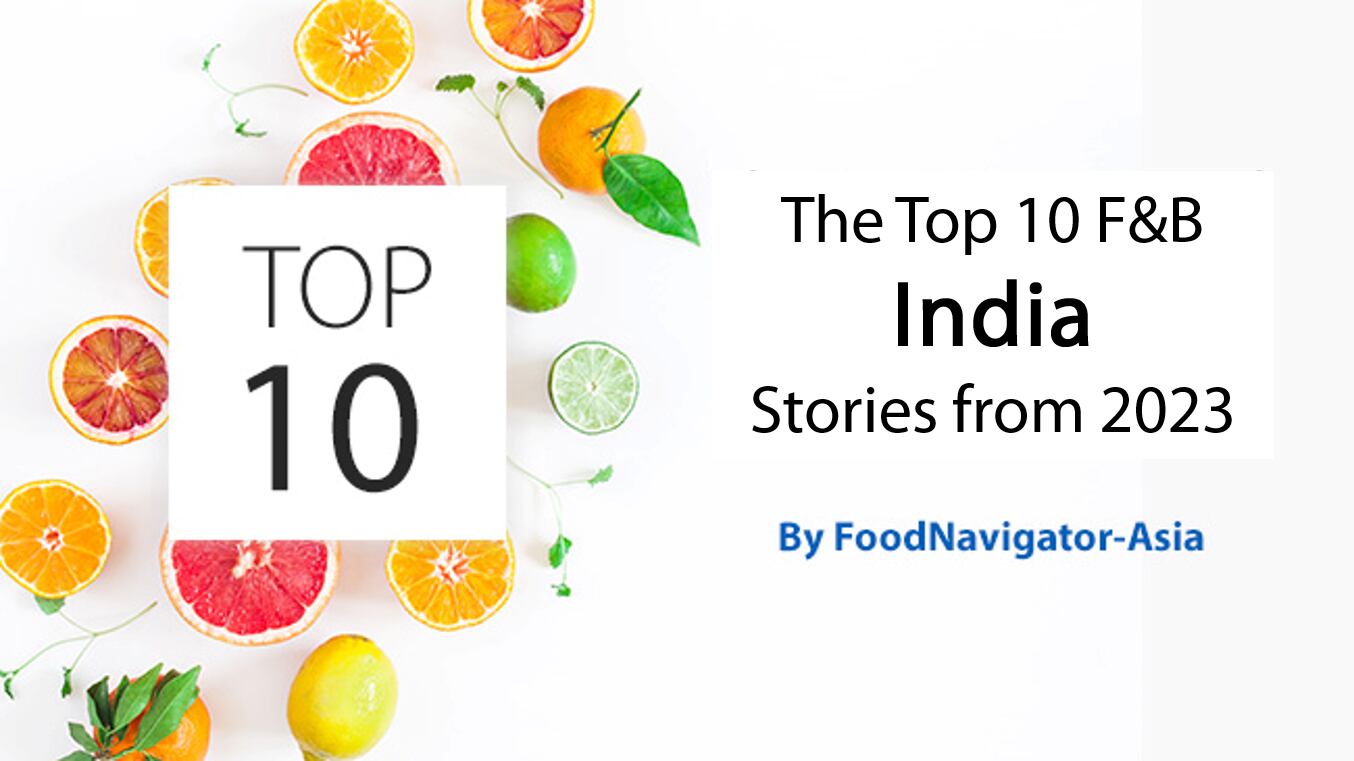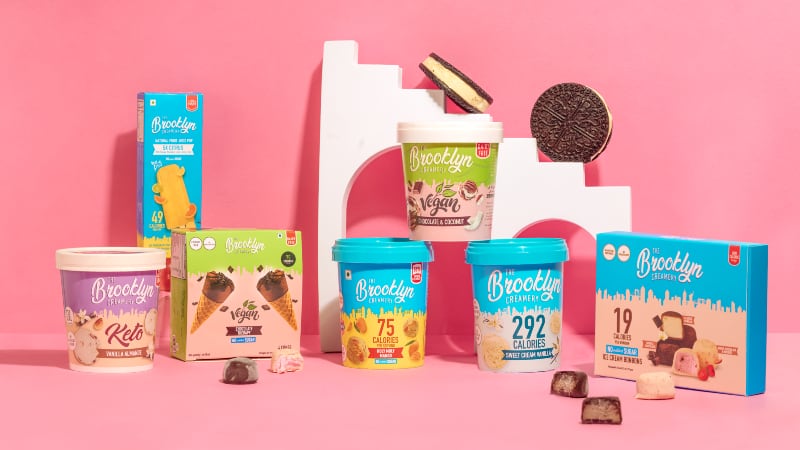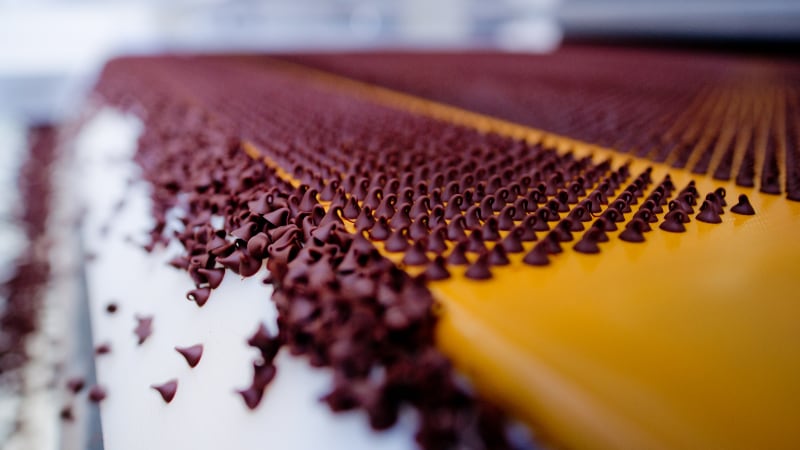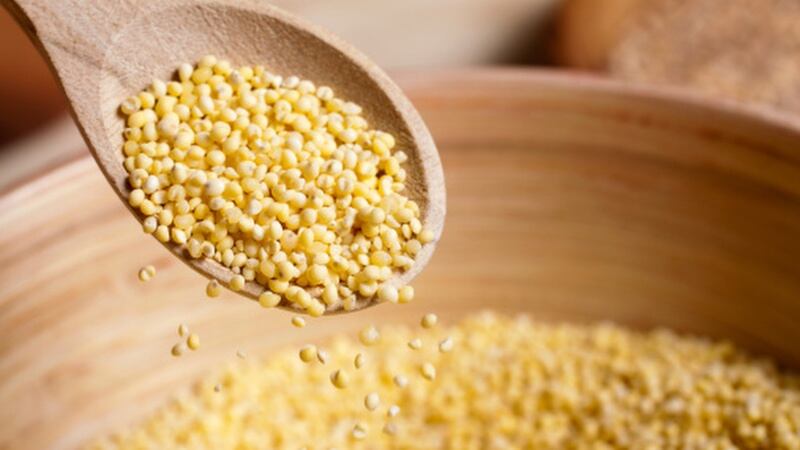‘Healthier and more experimental’: Indian brewery Bira 91 lifts the lid on consumer trends guiding innovation
Delhi-headquartered brewery Bira 91 detailed earlier this year how consumer demands for ‘healthier and more experimental’ products are guiding its innovation strategy, while also revealing its plans for a ‘premium’ Indian beer.
It received a funding of USD$10m from Japan’s MUFG bank and USD$70m from brewery giant Kirin, to be channelled towards expanding its production capacity and distribution networks domestically and globally.
Founder and CEO, Ankur Jain said that its partnership with Kirin extends beyond funding to capitalise on Kirin’s industry expertise to both “premiumise Indian beer through innovation” and “drive sustainability in the industry.”
Jain highlighted a slew of Bira 91’s product innovations were guided by a growing demand for healthier beverage options; the rising interest in craft and artisanal products; and the importance of sustainability in today’s market.
When it comes to healthier beverage innovation, its NPD is targeted at low to no alcohol alternatives, and the use of natural and seasonal ingredients in the products. Some of its low-calorie products include Bira 91 light lager with less than 80 calories, Hill Station Cider and Grizly Seltzer.
Going bananas? Why Indian firm Beyond Snack believes banana chips can peel off potato market
Indian firm Beyond Snack mapped out expansion plans both in the country and globally earlier this year as part of an ambitious move to see banana chips outstrip sales of potato-based products.
According to Beyond Snack, the global banana chips market could be worth a minimum of US$10bn in the next five to eight years if industry players “do the game right”.
“At the moment, potato chips are still king in the savoury snacks category. But globally, we see that potato-chip sales are in the early stages of decline due to growing negative sentiment. People are on the lookout for alternatives to potato chips, and banana chips have great potential because they are considered to be healthier.
“Potato chips had transited from an unorganised to an organised sector many years ago. What we are working towards is to revolutionise the banana chips sector in a similar way, and turn it into one of the biggest savoury snack categories around the world,” Manas Madhu, founder of Beyond Snack, told FoodNavigator-Asia.
‘Huge growth potential’: India’s ProV Foods seeks to combine affordability and health benefits to gain snack market share
Indian dried fruits and snack brand ProV foods says affordability is key for better-for-you brands to take a bigger slice of the country’s rapidly developing snack market.
Headquartered in Mumbai, ProV Foods is one of the fastest-growing healthy snacks brands in the country, with more than 100 products across six sub brands that cater to varied consumer demands and purchasing power.
Nearly all dried fruit products in India are imported. ProV Foods source high-quality almonds, walnuts, raisins and pistachios from growers across the globe, while its products are processed in its own plant.
“We are not dependent on middlemen and importers, as we deal directly with growers associations worldwide. Most of the production are done in-house — from primary processes such as deshelling, to secondary processes like creation of flavours and trail mixes. Before they are launched, the products are finalised at international flavour houses. All of these play a key role in ensuring consistency in our product quality,” Shalin Khanna, co-founder of ProV Foods, told FoodNavigator-Asia.
Bringing to the boil: India launches Basmati rice standards amid longstanding geographical dispute with Pakistan
India’s food safety authority launched a set of formal standards earlier this year for the premium Basmati rice variant in what appeared to be a further step in its quest to establish it as intellectual property belonging to the country under the protection of Geographical Indications (GIs).
India and Pakistan are the only two exporters of Basmati rice globally, which is a major source of income for many farmers in both countries due to its premium status across many markets. Both nations have been engaged in a bitter brawl over this rice and who the GI Tag and protection for this commodity should belong to for many years.
Negotiations and consultations are still underway, with industry experts generally believing that it will take years time for a resolution to be reached unless both nations acquiesce to file a joint GI application.
The Food Safety and Standards Authority India (FSSAI) moved to launch a set of formal safety and quality standards for Basmati rice this year amidst all of this.
“Basmati rice is a premium variety of rice cultivated in the Himalayan foothills of the Indian sub-continent - it is a widely consumed variety of rice both domestically and globally,” FSSAI CEO G. Kamala Vardhana Rao said via a formal statement.
Boost-ing optimism: Unilever India confident in beverage nutrition potential despite setbacks
Hindustani Unilever Limited (HUL) has stressed that its beverage-based nutrition or health food drinks (HFD) portfolio will remain a major area of focus for the business despite current setbacks caused by inflationary cost hikes.
HUL published its Q3 FY2033 financial results (for the quarter ending December 31 2022) earlier this year, announcing an overall 16% growth year-on-year to INR149bn (US$1.8bn) and 12% growth in profits to INR25.1bn (US$303.3mn).
In its earnings call open to media attendance, the firm’s leaders emphasised that the impacts are of inflationary challenges are still apparent although these have softened in some areas, but that HUL is maintaining a positive outlook based on recent recoveries.
“This year, the FMCG industry witnessed unprecedented inflation across a wide basket of commodities led by supply side issues [but] lately we have seen a few key commodities soften, such as palm oil [for which inflation has decreased by some] 30% compared to the same quarter in 2021,” HUL CEO and Managing Director Sanjiv Mehta told the floor.
Millet measures: India sets new food safety standards for traditional cereal in anticipation of production boom
India implemented new comprehensive food safety and quality standards for millets in the country earlier this year in anticipation of a production and demand boom after the United Nations designated 2023 as the International Year of Millets.
Millets have long been a part of traditional Indian diets before falling out of style over the years as a staple in favour of more commercialised crops such as wheat and rice – but the Indian government believed that revitalisation of the sector could be on the way in the wake of the UN dedicating 2023 to the cereal.
“Most millet crops are native to India, and they are highly tolerant to drought and other extreme weather conditions, requiring low chemical fertiliser or pesticide inputs,” Food Safety and Standards Authority of India (FSSAI) CEO Kamala Vardhana Rao said via a formal statement.
Convenience is king: Auric eyes Middle East market with easy-to-consume functional products
Indian functional foods and beverage firm Auric has highlighted aims for expansion in the Middle East with its easy-to-consume products, riding on increasing demand for health products in convenient formats in the region.
Auric is best known for its Ayurveda-based, herb-infused products such as Peanut Butter for Men, Men’s Energy Tea, and A2 Milk-based Ghee, but recently became a finalist in the coveted Gulfood Innovation Awards 2023 for two products, its Sleep Gummies and Lung Detox sparkling drink.
According to Auric Head of Brand and Business Partnerships Rashmi Jain, in order to achieve Auric’s aim to bring the benefits of Ayurveda to millennials, it is crucial to capture the key demands this population has for products – which is chiefly a demand for convenience in the Middle East.
High ranks, low scores? India State Food Safety Index data reveals lack of compliance even in top performing states
Date from India’s State Food Safety Index (SFSI) this year, conducted annually by the Food Safety and Standards Authority India (FSSAI) revealed that many states still performed poorly across the assessment criteria, even amongst its top scoring states.
FSSAI unveiled the fifth edition of its SFSI earlier this year and highlighted Kerala, Punjab and Tamil Nadu (large states), Goa, Manipur and Sikkim (small states) and Kashmir, Delhi and Chandigarh (Union Territories/UTs) to emerge as the top performers amongst all the 28 states and eight UTs in the country.
“The SFSI evaluates the performance of states and union territories across six different aspects of food safety [and] aims to foster healthy competition and catalyze positive change in the food safety ecosystem throughout the country, ultimately ensuring the provision of safe and wholesome food to all residents,” FSSAI stated via a formal statement.
India iced tea innovation: Shark Tank-backed Beyond Water launches first RTD products with strong health focus
India’s Beyond Water launched its first ready-to-drink (RTD) iced tea in India earlier this year, tapping on high-quality tea sourcing and consumers demand for healthier beverages.
The functional beverage company launched its RTD iced tea, available in peach and lemon across India. The 250ml bottled tea was made available via its website and the biggest online delivery apps such as Instamart, Blinkit and Zepto.
Speaking to FoodNavigator-Asia, co-founder Devang Singhania highlighted that its product uses single estate tea leaves – known for its higher quality – harvested and processed within two weeks and directly sourced from his family-owned estate, and it also comes with lower calorie and sugar levels.
The firm highlighted that a classic iced tea comes with 30g sugar, while its product only contains 6g sugar.
Platinum power: Parle sets sights on ‘sizeable’ Middle East market with premium biscuits range
Indian biscuit giant Parle has stated its aims to tap into premiumisation trends in the Middle East, believing that higher spending power and a demand for exclusivity are good drivers for its Platina range.
Parle is already a major household name for biscuits in India, best-known for its Parle-G range which targets the mass market with a focus on providing value for money.
Over in the Middle East though, Parle believes that the market demographics are favourable for premium biscuit brand Platina which comprises several different ranges of products, in addition to its more mainstream brands.
“Many local consumers in the GCC are showing a preference for premium brands like Platina, and there is no doubt that they have more of the spending power here in order to go for more premium items,” Parle International Business Vice President HS Sareen told FoodNavigator-Asia.





